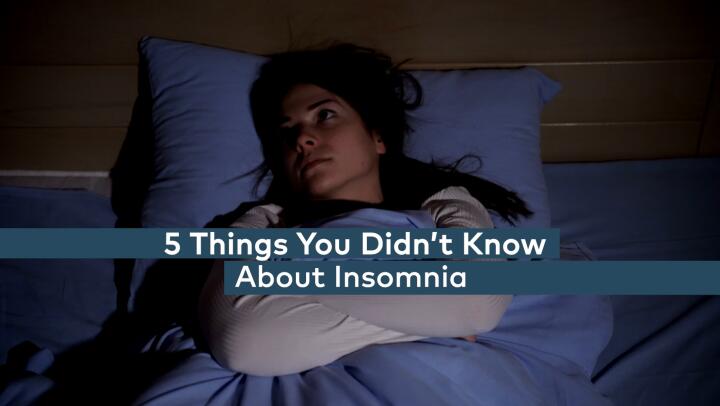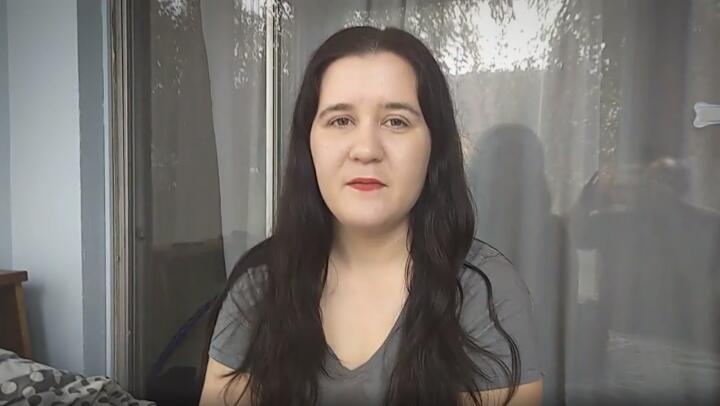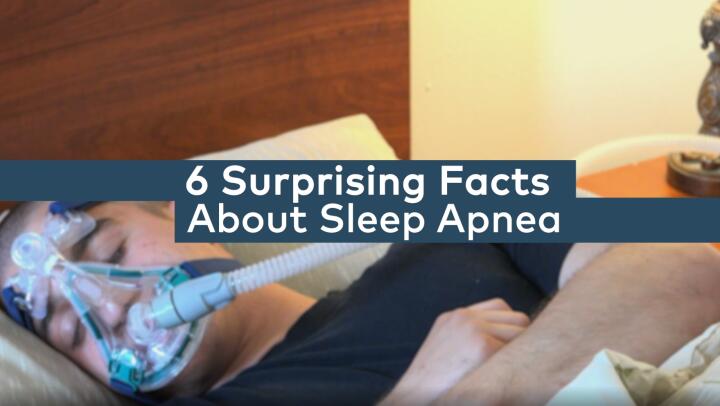
Restless legs syndrome (RLS) is uncomfortable and irritating, and it keeps you awake at night. So what can you do to make it go away? While there is no known cure for the disorder, several different treatment options may help.
The first line of defense is to prevent symptoms. For instance, if caffeine, alcohol, or tobacco causes your RLS, reducing or avoiding these substances may make symptoms disappear. Certain medications can cause or contribute to RLS, so stopping or changing them—under your doctor’s guidance—may help. Finally, achieving better control over an underlying condition that’s causing RLS, such as diabetes, may also provide relief.
If these issues don’t apply to you, or if you still experience RLS despite focusing on them, there are medications that can help.
Dopaminergic agents. These medications work by increasing dopamine, a chemical in the brain which helps reduce symptoms of RLS. They’re often taken at bedtime. Examples are ropinirole (Requip), pramipexole (Mirapex), and the transdermal patch rotigotine (Neupro).
Antiepileptics. The active ingredient in selected drugs used to control certain types of seizures in people with epilepsy may also help fight RLS symptoms. Examples are valproic acid (Depakote), carbamazepine (Tegretol), lamotrigine (Lamictal), gabapentin (Neurontin), pregabalin (Lyrica), and gabapentin enacarbil (Horizant).
The following two types of medications are prescribed off-label, meaning they’re designed to treat other conditions but have been found to help manage RLS symptoms:
Sedatives. These drugs work best for improving sleep in people whose RLS keeps them up at night. Examples are clonazepam (Klonopin), temazepam (Restoril), and triazolam (Halcion).
Opioids. For people with severe symptoms such as pain that is unresponsive to the above medications, a low-dose, long-actingpainkiller may help. Examples are codeine, hydrocodone (Vicodin, Lorcet), and oxycodone (Percocet, OxyContin).











